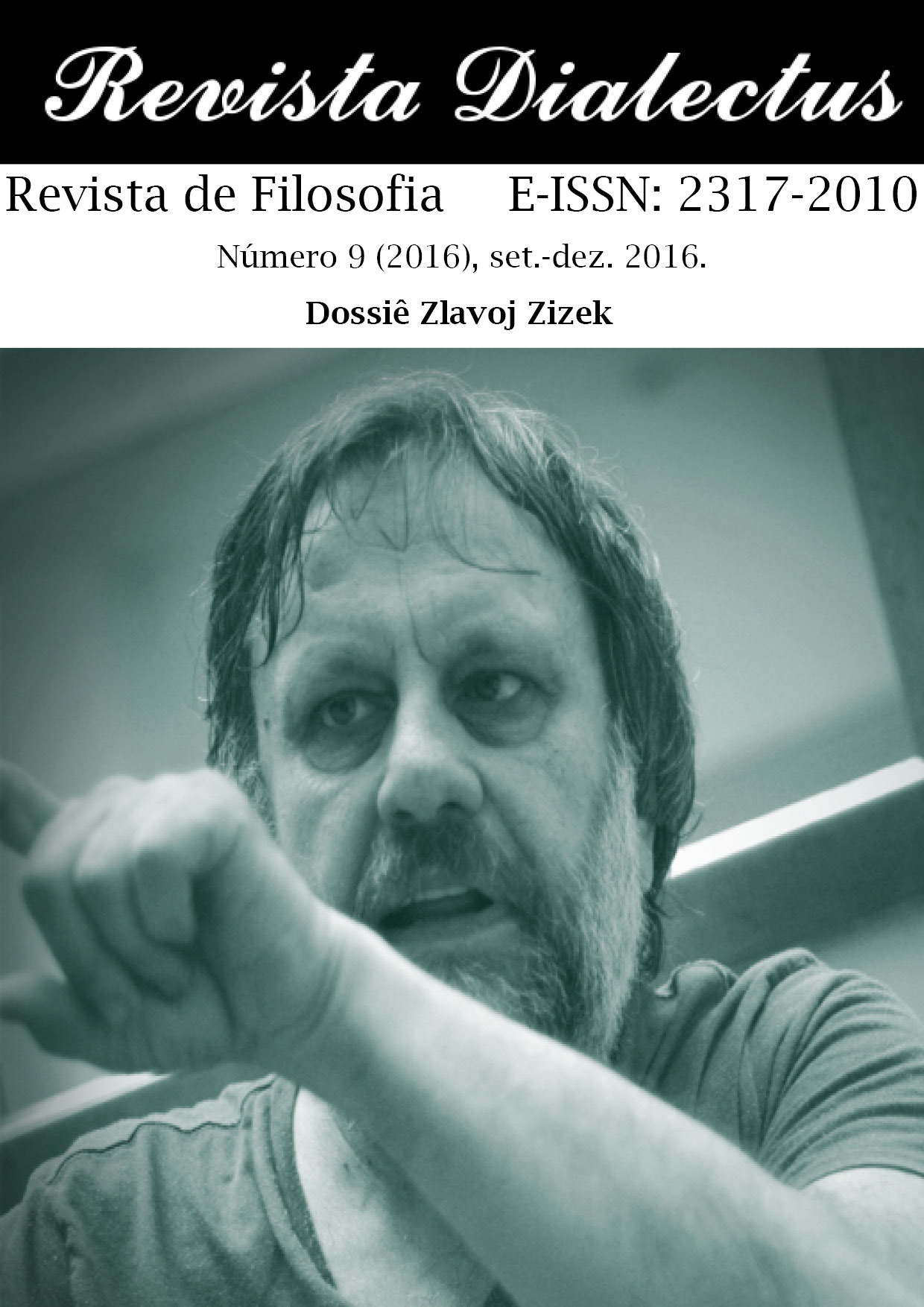DA PEDAGOGIA DO CAPITAL E DE SUA ANTÍTESE: VIOLÊNCIA, (DE)FORMAÇÃO DO TRABALHO E A LUTA PELA FORMAÇÃO HUMANA
DOI:
https://doi.org/10.30611/2016n9id6536Abstract
Resumo: O artigo trata sobre as relações entre o capital e os processos de formação humana, buscando mostrar as estratégias da classe capitalista para manter o controle sobre a classe trabalhadora, restringindo as formas de seu acesso ao saber cultural da humanidade e acentuando a separação entre trabalho intelectual e trabalho manual. Tendo como referência, sobretudo, o legado teórico de Marx em O Capital (2013), partimos de duas hipóteses: o capital, ao se valorizar, atua com a força de seus intentos e a violência de seus métodos; junto disso, oferece uma educação fragmentada, elementar e de cunho meramente técnico aos que trabalham sob seu regime. Constatamos, assim, que, em última instância, tal educação se mostra não só mitigada, mas, ao mesmo tempo, refém de um sistema no qual o cerceamento à liberdade do trabalhador, explícito ou não, desempenha papel decisivo. Reafirmamos, não obstante os limites que cercam os processos de educação formal, que os trabalhadores não podem abdicar de uma reivindicação-chave: a luta pelo acesso às objetivações históricas produzidas pela humanidade ao longo do tempo.
Palavras-chave: capital, violência, deformação e formação humana.
Downloads
Published
Issue
Section
License
Authors who publish in this journal agree to the following terms:
- Authors retain the copyright and grant the journal the right of first publication, with the work simultaneously licensed under the Attribution-NonCommercial-NoDerivatives 4.0 International (CC BY-NC-ND 4.0) License, which allows the non-commercial sharing of work, without modifications and with acknowledgment of authorship and initial publication in this journal.
- Authors are authorized to take additional contracts separately, for non-exclusive distribution of the version of the work published in this journal (eg publish in institutional repository or as a book chapter), with acknowledgment of authorship and initial publication in this journal.
- Authors are allowed and encouraged to publish and distribute their work online (eg in institutional repositories or on their personal page) at any point before or during the editorial process, as this can generate productive changes as well as increase the impact and citation of published work (See The Free Access Effect).



















